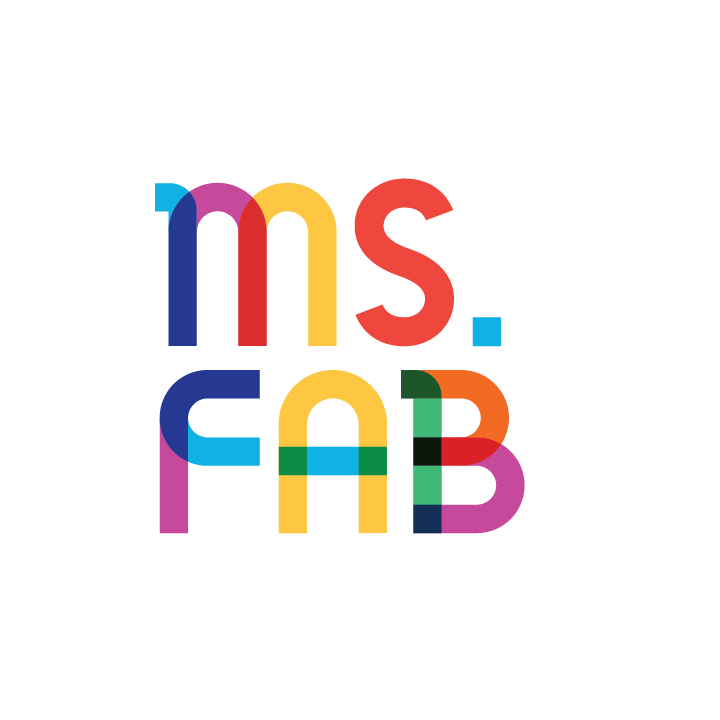Naval's Ideas in Education
Naval is an entrepreneur, angel investor, and philosopher, whom I consider one of the most influential thinkers of our time.
Here are 5 of his ideas that resonate with my views on how to refabricate schools.
1. Cultivate the desire to learn.
"Free education is abundant, all over the internet. It’s the desire to learn that’s scarce.”
School used to be “the place to go” in order to learn. That’s no longer true. Nowadays, the ability to learn, the means of learning, and the tools of learning, are abundant and infinite. The problem is that kids care little about learning. We’ve sucked their natural desire to learn by making learning mandatory. If kids don’t care about learning, all the drilling isn’t going to change a thing.
Education should be about cultivating children's desire to learn. If we want kids to learn on their own, we have to sell them the idea of learning, not enforce it: we need to get them excited about learning.
If we inspire kids to care about learning, they'll figure out the rest. They'll figure out the facts, the grammar, the history, and everything else on their own, the minute one of those helps them reach their goals or satisfy a curiosity. This is how kids are wired.
2. “Learn the basics and only do the advanced stuff in the things that you truly love.”
In school, we learn a lot of things - just in case we need them in the future - because they are part of the curriculum.
"We teach all these kids calculus and they walk out not understanding calculus at all. Really they would have been better off served doing arithmetic and basic computer programming the entire time.”
Naval proposes we focus on the basics, and to only focus on the advanced if it’s something we really love.
We should start by teaching kids the things that are practical to them, and ultimately teach them to learn and love learning. They will go on and learn the rest “on demand”, when it best suits their needs, interests, and styles.
"They have to have some desire for it. It’s better to wait until they think they are ready and then give it all to them. I think that’s the way that learning sticks.”
3. Abolish memorization.
"In an age of Google and smartphones, memorization is obsolete. Why should you be memorizing the Battle of Trafalgar? Why should you be memorizing what the capital of this or that state is? We still put undue weight on that just because that’s the way it’s always been done”
Memorizing something that can be easily looked up is a waste of time and effort. It takes up brain power that could be used to solve interesting problems.
Prioritize understanding and connecting the dots over memorization.
Instead of pushing kids to memorize a technique, sell them on a process and an attitude.
4. “Kids are learning machines. They just need the tools.”
A kid who loves to learn and has access to resources is unstoppable.
The One Laptop Per Child experiment is the perfect example of this. I wrote about it here.
The teacher’s role is not to provide kids with ready-made knowledge, but rather space, resources, and support.
5. “You never change a system by taking the existing thing and reworking it.”
"I’ve been in Silicon Valley and the tech business long enough to know that you’re better off changing it just by creating something brand new."
The challenge is not to improve on what we've done before. We have to do something else: build something new.
Educators today have 3 options:
1) Make changes within the system
2) Press for changes to the system
3) Take initiatives outside the system
This is how to improve the education system. It’s not about doing the old thing a little better. It’s about building something new and different. Not fixing, reforming, or changing, but transforming.
A lot of these ideas come from Naval Ravikant’s podcast with Shane Parrish., one of my all-time favorites. In this episode they break down reading, happiness, decision making, habits, mental models, and our current education system.
I explore ideas like this in Fab Fridays, my newsletter on childhood education and new ways to learn.
Subscribe below!

